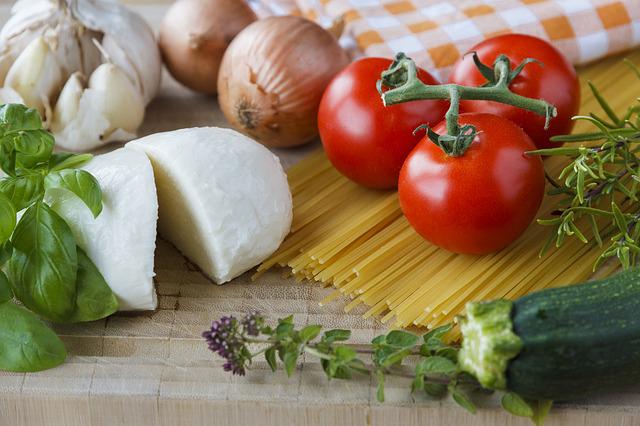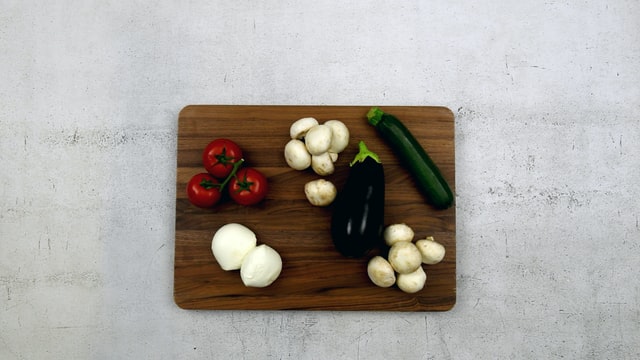
People with diabetes are constantly reminded to eat a proper diet so as not to cause any issues for their own health. A proper diet includes protein and cheese tends to have protein which is one of the necessary needs.
Contents
Cheese is also high in calories and fats. That alone is one of those worrying thoughts for a diabetic. However, the good news is that if eaten in balance with other foods, such as high fibre foods, the cheese will not elevate the blood sugar, and blood pressure or cause weight gain. Cheese can actually be part of a healthy and balanced diet.
Benefits of Cheese for Diabetics

When a person has diabetes, one of the things they need to consider is the glycemic index of the foods they eat. The glycemic content relates to how fast the body is able to digest carbohydrates in those foods. The glycemic index is a scale that will rate foods based on how quickly the food would create a rise in blood sugar. When a food has a high value, it means that the blood glucose will rise quickly, this is considered a spike.
However, most cheeses do not contain high amounts, if any, of carbohydrates.
High in Protein

Most cheese is high in protein. Protein does help to balance out the blood sugar spikes when a diabetic eats carbohydrates. When protein and carbohydrates are eaten together, it will take longer for the carbohydrates to burn off. Protein also helps a person to feel full longer, which will reduce the cravings for unhealthy snacks.
It must be acknowledged that the amount of cheese will vary depending on the type of cheese.
May Help Lower The Risk of Type 2

In the small amount of research done, there was some evidence that the risk of Type 2 diabetes was lowered when a person ate cheese. A study completed in 2012 had shown that the risk was lowered by 12% when two slices of cheese were eaten per day.
Risks

This is not to say that all is sunshine and roses when it comes to cheese and diabetes. Cheese can be high in fat and calories. Studies have shown that the risk for cardiovascular disease is greater when a person is consuming dairy fats.
Those researchers state that there are much healthier choices of fats for diabetics. It is then suggested that some fish, nuts, vegetable oils, seeds, and avocados would be better choices. Dairy fats are saturated fats, which is why they are not recommended.
Some cheeses are also high in sodium. Sodium is known to raise blood pressure and cause cardiovascular issues. Those should be watched closely also. Some people could also have a dairy intolerance or allergy.
The Best Choices

As most cheese has high amounts of protein, but many of those also have a high sodium level, it is tough to know which cheeses are good for diabetics and which are not. The best choices begin by choosing the natural cheeses.
Processed cheese is higher in sodium and fat content, so these should be avoided. Mozzarella cheese is considered one of the cheeses that are lower in sodium which makes it one of the top choices for cheese in a healthy and balanced diet for diabetics.
The recommended serving size would be 1.5 ounces of natural cheese or 2 ounces of processed cheese. Cheese is a natural, nutrient-dense food source that is high in protein, low in carbs, and also provides the body with some vital micronutrients.
For those with diabetes, eating mozzarella cheese as part of a balanced diet is the way to go. Eating cheese in moderation, as with all foods, is the key factor. Any food you eat can cause weight gain and health issues when not eaten in a healthy manner, or as part of a balanced diet.
Things to Watch For

When it comes to choosing cheese, there are issues that a diabetic should look for on the labels and the risk of eating too much is a risk. Other information on the label to look for and read.
Calories
Cheese is relatively high in calories and fat. The calorie count does vary between the types of cheese. Type 2 Diabetes has a correlation to obesity, so this is why moderation is suggested.
Some suggestions would include reading the label for calorie count and eating small amounts of cheese. Choosing low-fat types of cheese, lower in calories.
Saturated Fat

When compared with many other foods, cheese does have a high amount of saturated fats. Dieticians recommend no more than 5-6% Saturated fats per day.
Sodium
Many kinds of cheese have high levels of sodium, especially processed cheese. This implies Natural and fresh cheese should be chosen over-processed or with higher amounts of sodium.
Lower Sodium Cheeses

There is a list of cheeses that are better than most other cheeses due to the lower sodium. Some of these include:
- Low Sodium Cottage Cheese
- Wensleydale
- Emmental
- Mozzarella
- Cream Cheese
Most cheeses do contain similar amounts of Saturated fats. Mozzarella is also known to have slightly less Saturated Fats than the other cheeses. Simply stated, you want to find cheese that is higher in protein, calcium and other minerals.
Fermented cheeses such as Cottage Cheese, Feta, Gouda and Cheddar cheese provide probiotics. Probiotics are the healthful bacteria that are linked to overall well being, may lessen the risk of cardiovascular issues, and fight yeast infections than those with Diabetics are prone to get. Probiotics also help improve and maintain gut health. Choosing low salt varieties of cheese would be the best option to choose.
On average, a normal person eats roughly 40 pounds of cheese in a year. Of that cheese, Mozzarella is one of the most popular and well-loved cheeses. Mozzarella is a soft cheese that hardens with age. It has a smooth and creamy texture but is also somewhat stringy. It melts into a very smooth liquid form. Mozzarella has a mild flavour, with a slight acidity.
Being a dairy product, Mozzarella may help to reduce the risk of Osteoporosis. It may also help to reduce high cholesterol levels due to calcium and Vitamin K.
Mozzarella Cheese and other cheeses are also known to help with healthy bones and teeth. The cheese contains phosphorus, calcium and zinc which are beneficial to the teeth and bones.
Mozzarella cheese can be eaten in numerous ways. There can be slices, chunks, string cheese, and shredded cheese. It can be used on whole wheat bread to make a pizza, along with fresh vegetables. You can make homemade and healthier mozzarella sticks or cheese balls. It can be eaten plain or on crackers, in salads, on tops of hotdish or casseroles, on top of burgers, in sandwiches.
You could also eat mozzarella with slices of fruit. Use it to make a breadless sandwich. Mozzarella cheese is low in carbohydrates, which may help you to lose weight. Eating Mozzarella cheese can also be beneficial to assist in building muscle. The protein helps give the energy and the nutrients needed for strong bones and muscles. It also helps you feel full for a longer amount of time.
Natural cheeses are also recommended due to being all-natural. Processed cheeses have preservatives and other additives to them which could lead to unhealthy aspects. The additives could cause health complications stemming from the additives.
When Diabetics stick to a healthy and balanced diet, with the recommended daily requirements, their diabetes will not be an issue. A healthy and balanced diet will help maintain healthy glucose levels and reduce any glucose spikes. A healthy diet is one filled with fruits, vegetables, lean protein and grains.
If, as a diabetic patient, you have questions or issues in regards to your diet as a diabetic, an appointment with your Medical Physician and your Registered Dietician. They can help you set up a meal plan, with the recommended allowed calories, protein, carbs and the correct amount per serving size.
Conclusion

Being diabetic does not mean that you cannot enjoy foods, there are many great recipes for all types of food. Including mozzarella cheese into your well-balanced diet will help with benefits you may not have thought of. Even if you utilize a vegan diet, there are brands of Mozzarella cheese that would not have any animal products in it.
What helps make a diabetic diet better, is to have variety, and use different methods of cooking such as roasting, grilling, baking or air-frying. Another thing to remember is that adding herbs to your foods will help to add flavour and decrease the salt intake. None of this article should be taken as medical advice. This is an article to help understand the benefits, risks and facts that Mozzarella cheese is one of the best cheeses you could choose to include in your diet.
Any further questions, please do not hesitate to contact your physician and make an appointment. As always, take your medication as directed, and watch your insulin levels.





